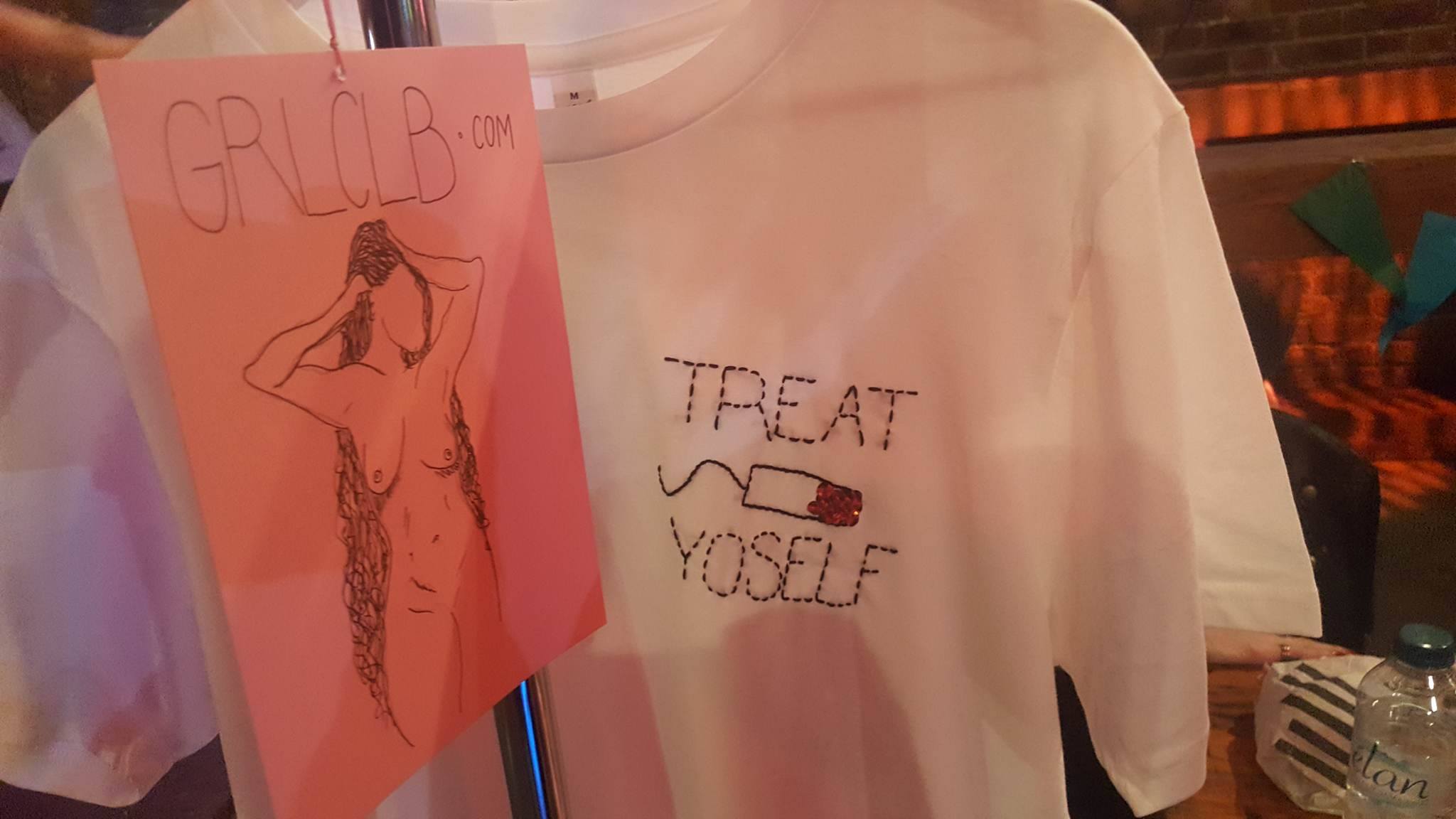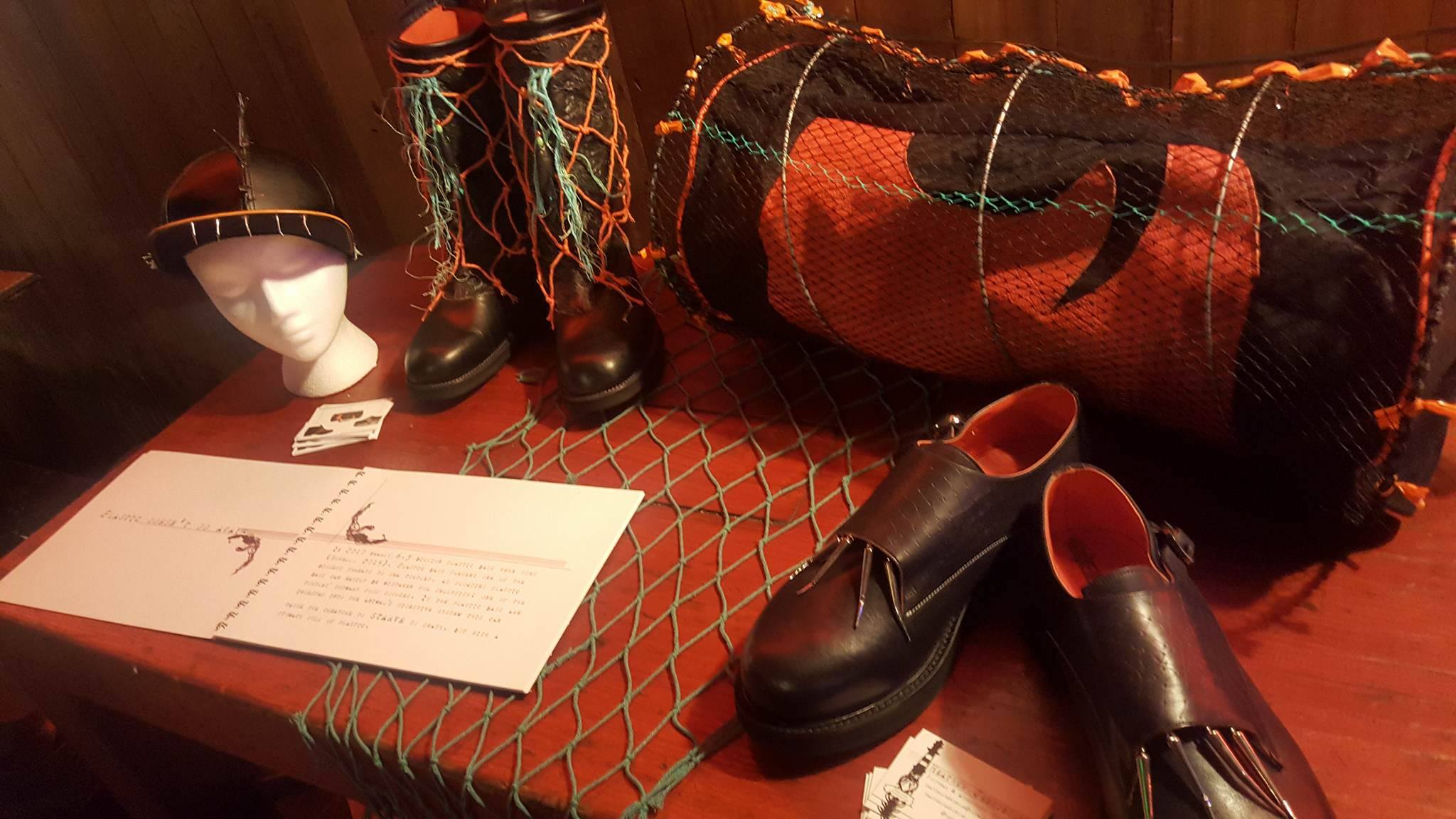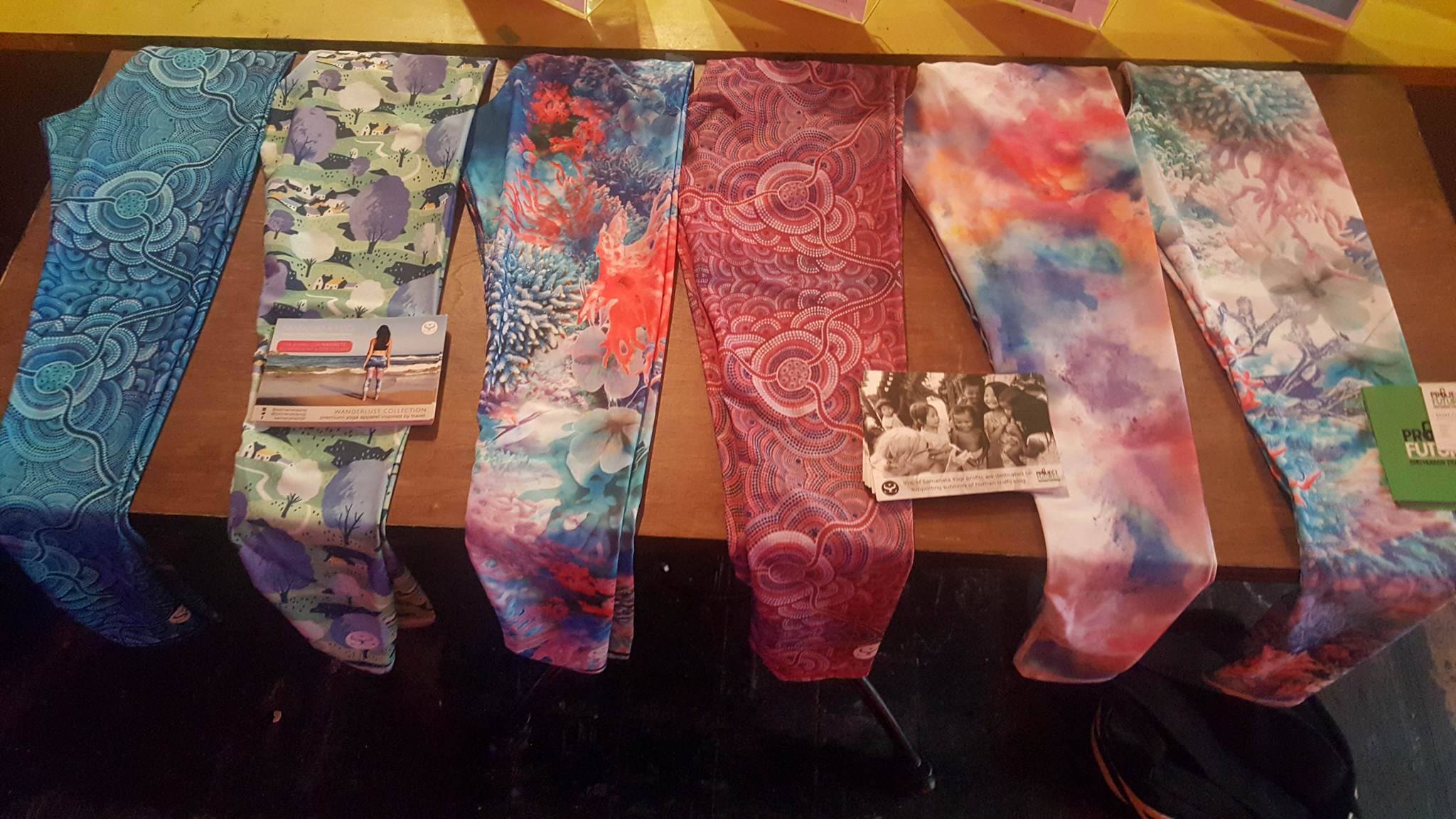“It is really important that everyone asks: ‘Who made my clothes?’ Because everything you are wearing has been made by somebody and everything tells a story.”
This year the United Kingdom will once again host one of the biggest fashion events on in the world. However, just days ahead of London Fashion Week, a group of ethically and ecologically conscious individuals have entered the arena with an alternative approach to fashion.
ProjectFEM are attempting to revolutionise the fashion industry and create an empowering and inclusive fashion culture. The fashion empowerment movement has hosted a unique feminist fashion catwalk and exhibition, which featured ethical and sustainable designs. Held in Cargo nightclub in Shoreditch, the event brought together 13 socially responsible designers, 15 models across a range of ages, ethnicities and genders, as well as activist models such as Cory Wade and Rain Dove. Leader of the Women’s Equality Party, Sophie Walker, also made an appearance to discuss the party’s #NoSizeFitsAll campaign, which challenges the fashion industry’s unrealistic ideals about body image.
Fighting patriarchal values
ProjectFEM is run by Holly Campbell, a Media, Communication and Critical Practices student at the London College of Communication (LCC). The feminist-run collective of students and graduates aims to fight patriarchal values and make diversity representation part of their mission. The initiative, which is funded by O2 Think Big, is founded on the principle that feminism and fashion can cooperate.

One of the many powerful messages conveyed in the designs featured in the show. [Image credit: The IPF]
“There’s now this atmosphere and climate and culture of people being more conscious and more critical, our generation is more critical in terms of food, sustainability – we’re questioning things.”
She continued: “The change that we want to see is a revolutionised, empowering and inclusive fashion culture, but it is absolutely imperative that that culture filters out into wider society. And I think because fashion is such a huge system within our society it has to filter out so we want that changed.”
Political and social stance
The notion that fashion under-represents and marginalises the majority of women is what struck a chord with Holly, the designers and activists involved with the event. They have focused on the fact that the industry is often so disempowering, when at the same time it has the potential to be one of the most empowering and creative platforms in the world.

Collection of recycled plastic and reused materials designs by Heather Jenkinson. [Image credit: The IPF]
“We’ve just been conditioned to see beauty as one type. When I see something like this taking place it really resonates with me, I got a little emotional watching the models walk.”
The clothes, lingerie and footwear showcased on the runway from London-based designers, including Bird Song, Samanata Yogi and Neon Moon, each held ethics and sustainability at the core of their brands values.
Revolution within the lingerie industry
“We want to create the revolution within the lingerie industry,” said Hayat Rachi, Founder of feminist lingerie brand, Neon Moon. “Unfortunately there is no other lingerie brand that is really doing it to our level. We’re mindful with who makes it, where the fabric comes from and never exploiting women abroad.
“We’re all about empowering women from all over the world, I think it’s really important for the fashion industry to really embrace women of colour abroad who are being exploited for profit.”
Meanwhile, Abi Childs, co-founder of Samanata Yogi, is attempting to create yoga clothing company with conscience. They dedicate 10% of their profits to supporting survivors of human trafficking.
“What we would like to be is the ethical alternative to some of the other brands out there and have a tangible impact in the space,” Abi said. “Trafficking and sweatshops are a very present reality in the fashion industry unfortunately, and we really wanted to focus on that.”

Samanata Yogi designs are unique creations inspired by nature and all models use ethically sourced and produced materials. [Image credit: The IPF]
ProjectFEM hopes to return with their next catwalk event in 2017.
To find out more about ProjectFEM, visit their blog, like them on Facebook and follow them on Twitter.

